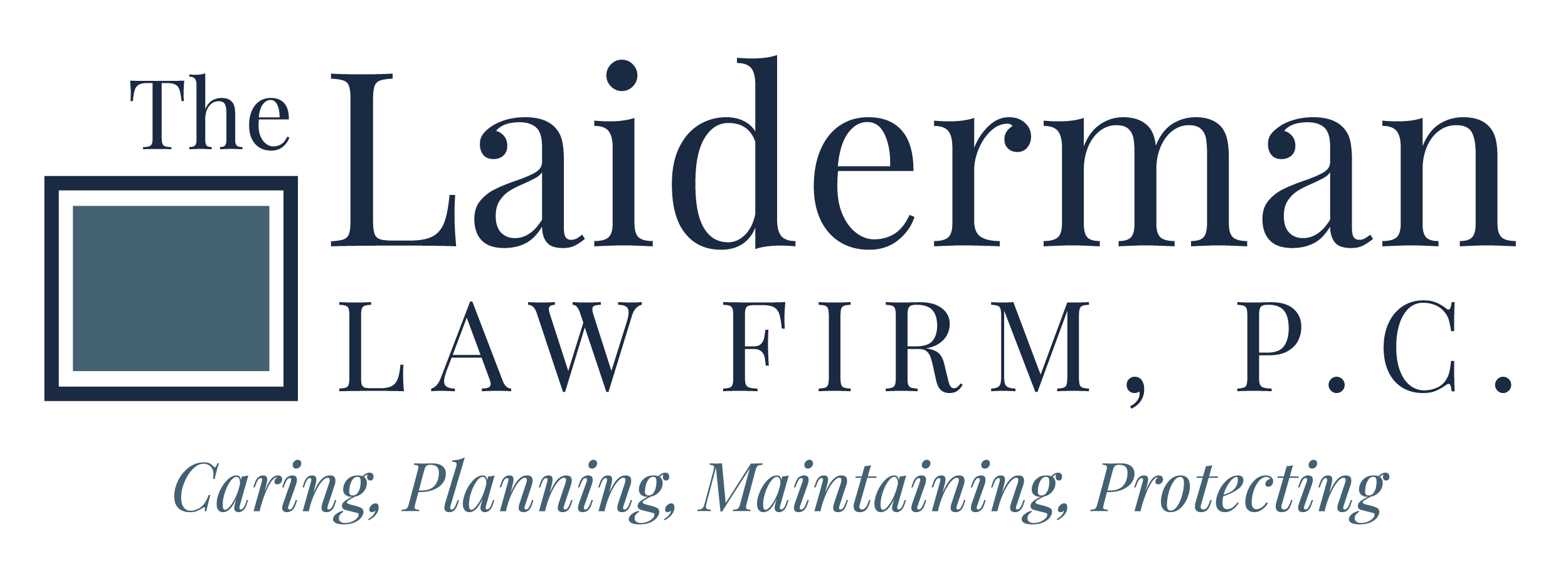If you have an LLC, corporation or other business entity formed under state law, you need to know about the Corporate Transparency Act.
Many businesses owners desire anonymity with respect to their ownership of a business or other property, as well as asset protection, and form entities, such as limited liability companies and corporations, for those purposes. Some states afford privacy in the ownership and/or formation of these entities. But anonymity will be substantially diminished beginning January 1, 2024, due to the Corporate Transparency Act (CTA). In 2021, Congress enacted the Corporate Transparency Act on a bipartisan basis. This law creates a new beneficial ownership information reporting requirement, as part of the U.S. government’s efforts to make it harder for bad actors to hide or benefit from their ill-gotten gains through shell companies or other opaque ownership structures. This is because beginning January 1, 2024, certain business owners will have to report identifying information about themselves and others in control of their business. Failure to report will subject the violators to hefty fines, and harsh civil and criminal penalties. The following is a summary of some of the Beneficial Ownership Information Reporting Frequently Asked Questions, as published by the Financial Crimes Enforcement Network (FinCen), a division of the U.S. Treasury, and the organization responsible for registration and enforcement of the CTA, as updated September 29, 2023.
1. What entities will be required to report?
Entities required to report are called “Reporting Companies.” Domestic reporting companies are corporations, limited liability companies and any other entities created by the filing of a document with a secretary of state or similar office in the U.S. There are also rules for foreign owned entities, not discussed in this article.
2. Are any entities exempt from the reporting requirement?
There are 23 categories of exempt entities. However, the small business owner, or individual holding a rental property in an LLC, will not be exempt from the reporting requirements. Generally, the exemptions apply to companies in the financial industry that already register with the government for other reasons, and large businesses. Even inactive entities are not exempt unless (1) the entity was in existence on or before January 1, 2020, (2) there is no active business; (3) the entity is not foreign owned; (4) there has been no change in ownership in the last 12 months; (5) the entity has not sent or received any funds in an amount greater than $1,000 in the preceding twelve-month period; and (6) the entity does not otherwise hold any kind or type of assets. There is also an exemption for “large operating companies.” Those are companies that (1) employ more than 20 full-time employees in the U.S., (2) operate at a physical office in the U.S., and (3) have filed a federal tax return for the previous year reporting gross receipts or sales of more than $5 million. Thus, most entities will be required to register. It has been estimated that 32 million entities will need to register during 2024.
3. What is the Identifying Information for the Reporting Company and Beneficial Owners?
Beneficial ownership information (BOI) refers to certain identifying information about the Reporting Company and individuals who directly or indirectly own or control a reporting company. That identifying information for the reporting company includes: (1) Its legal name; (2) Any trade names, such as “doing business as.” Or “trading as” names; (3) The current street address of its principal place of business, if that address is in the U.S.; (4) Its jurisdiction of formation; and (5) Its taxpayer identification number.
Each reporting company will also be required to report about its beneficial owners. That information is (1) The individual’s name; (2) Date of birth; (3) Residential address; and (4) An identifying number from a passport or driver’s license. The reporting company will also have to report an image of the identification document. Other rules apply for reporting companies whose principal place of business is outside the U.S.
FinCen will permit certain government officials to obtain beneficial ownership information for authorized activities related to national security, intelligence, and law enforcement.
4. Who are Beneficial Owners?
A beneficial owner is an individual who either directly or indirectly: (1) exercises “substantial control” over the Reporting Company, or (2) owns or controls at least 25% of the reporting Company’s ownership interests.
An individual can exercise substantial control over a Reporting Company four ways: the individual (1) is a senior officer; or (2) has authority to appoint or remove certain officers or a majority of directors; or (3) is an important decision maker for the Reporting Company, or (4) has any other form of substantial control over the Reporting Company.
5. What are the requirements for Company Applicants?
An additional requirement for reporting information applies to the Company Applicant. The Company Applicant is either (1) an individual who directly files the documents that create or register the company; and (2) the individual who is primarily responsible for directing or controlling the filing. So, the attorney that directs the team to form an entity with the Secretary of State, will need to file, and the person that enters the information online to form an LLC or corporation, such as a paralegal, will also be required to register. Fortunately, this additional requirement in the formation of an entity only applies to Company Applicants forming Reporting Companies on or after January 1, 2024, and not to Reporting Companies formed prior to January 1, 2024.
6. When do Reporting Companies need to register?
For Reporting Companies that exist prior to January 1, 2024, they will need to register sometime during 2024. For Reporting Companies created or registered on or after January 1, 2024, and before December 31, 2024, each will have 90 days after receiving actual or public notice that its creation or registration is effective, and if formed on or after January 1, 2025, each will only have 30 days.
7. What’s the Catch?
The biggest difficulty with the CTA is that the registration is not “one and done.” Rather each time there is any change in the required identifying Reporting Company information or its BOI report previously filed, the Reporting Company will need to file an updated report no later than 30 days after the date of the change. This might include: (1) the Reporting Company changing its name; (2) the Reporting Company having a new CEO; (3) there being a sale or transfer of ownership of a Reporting Company whereby there is a change in who meets the minimum ownership interest of 25% or who is in control; and (4) any change to a beneficial owner’s name, address, or unique identifying number. The challenge will be how to keep track of these changes and timely report when they occur. It will be important to keep track of the information reported. That way, if anything changes, the Reporting Company can recognize when updates are necessary. Fortunately, a Reporting Company is not required to file an updated report for any changes to previously reported information about a Company Applicant.
8. What if a Reporting Company makes a mistake or learns about an inaccuracy?
If the information filed is inaccurate, the Reporting Company must correct the information no later than 30 days after the date the Reporting Company became aware of the inaccuracy or had reason to know of it.
9. What if a Reporting Company does not report beneficial ownership information or fails to update or correct the information within the required time?
If you correct a mistake or omission within 90 days of the deadline for the original report, you might avoid being penalized. If you disregard the information reporting obligations, then you may face civil and criminal penalties.
10. What should you do to prepare for the filing?
First, determine if you are a Reporting Company. Likely, you are. If so, get organized. Gather the required beneficial ownership information, and make sure it is current at the time you complete the filing of the initial report. Then develop a system to keep track of the reported information, and regularly monitor the organization and review the reported information, so you know when updates must be filed. If you need or want assistance with this process, please contact us at the Laiderman Law Firm.

